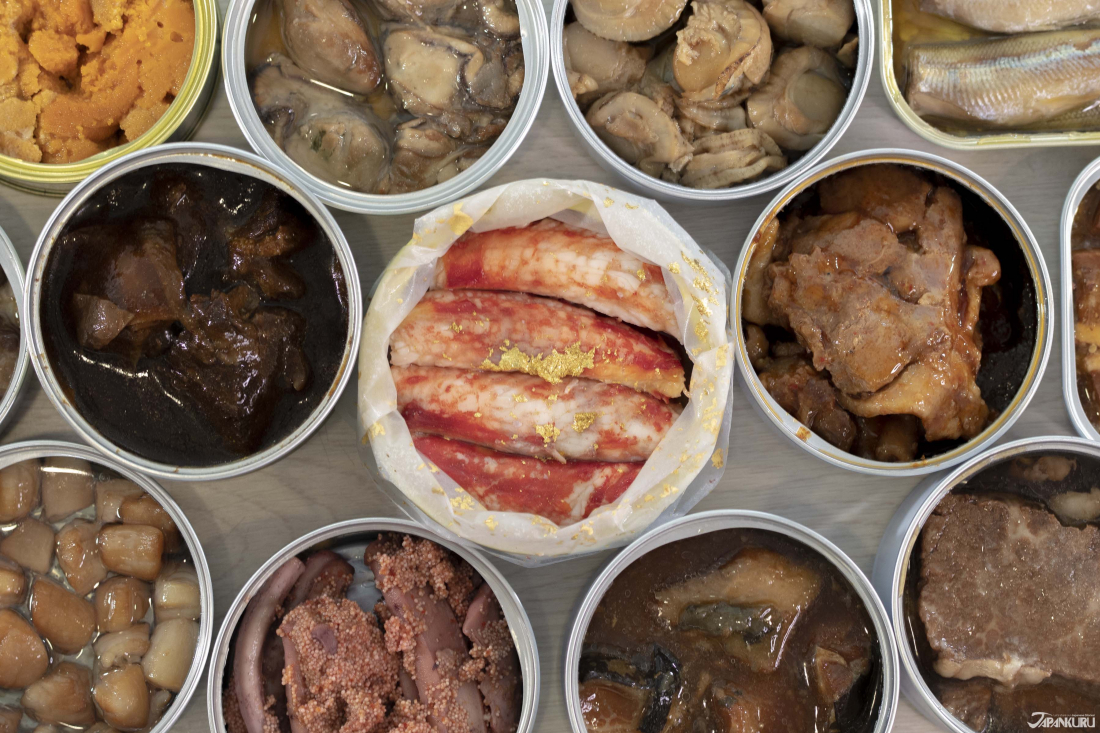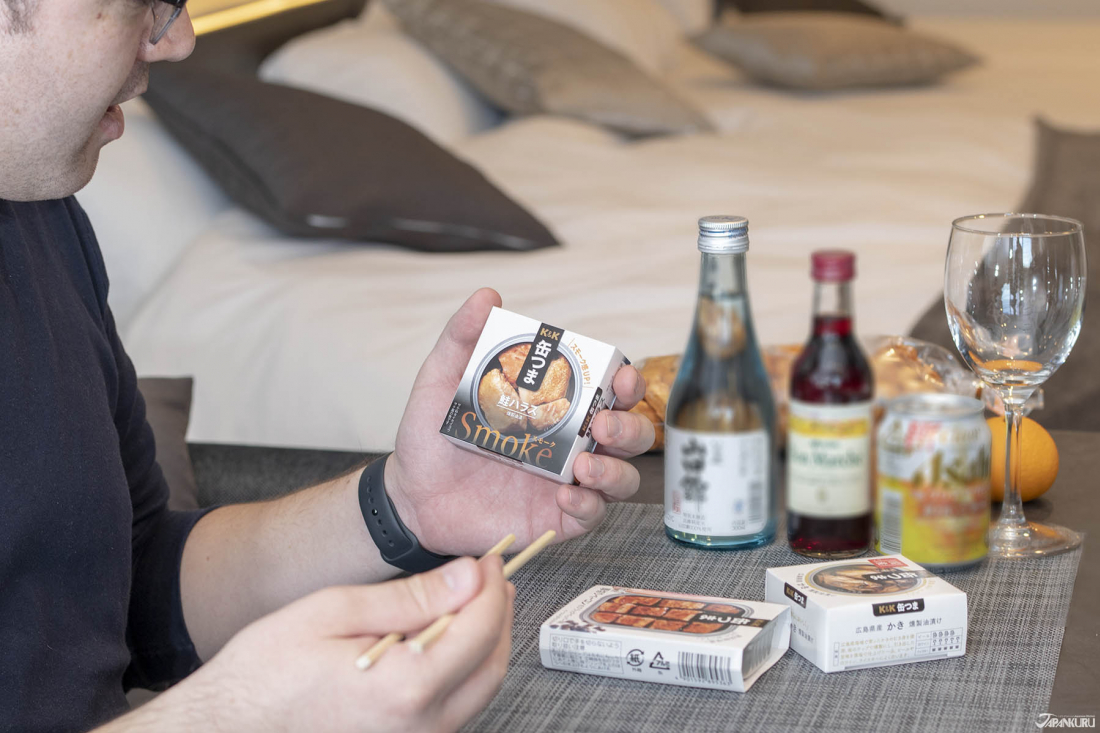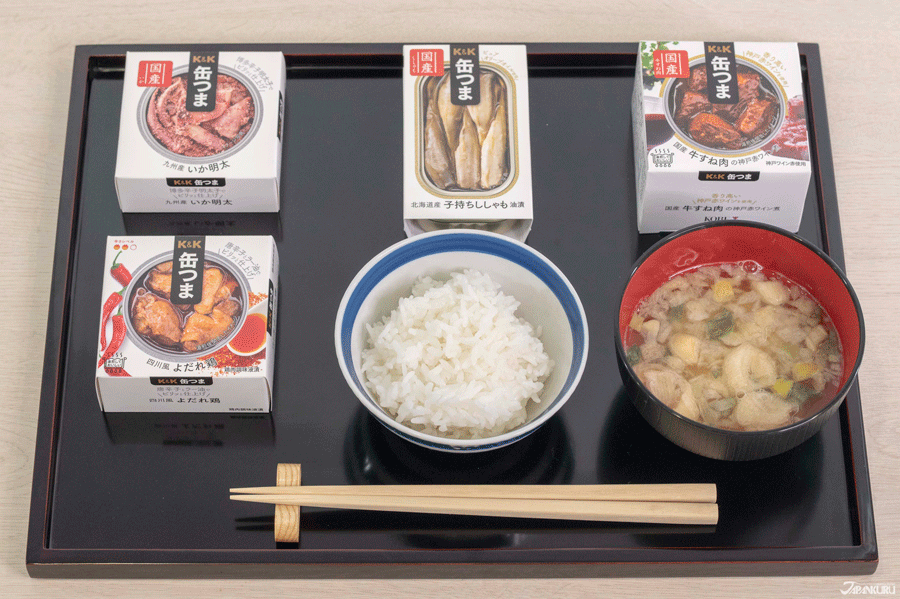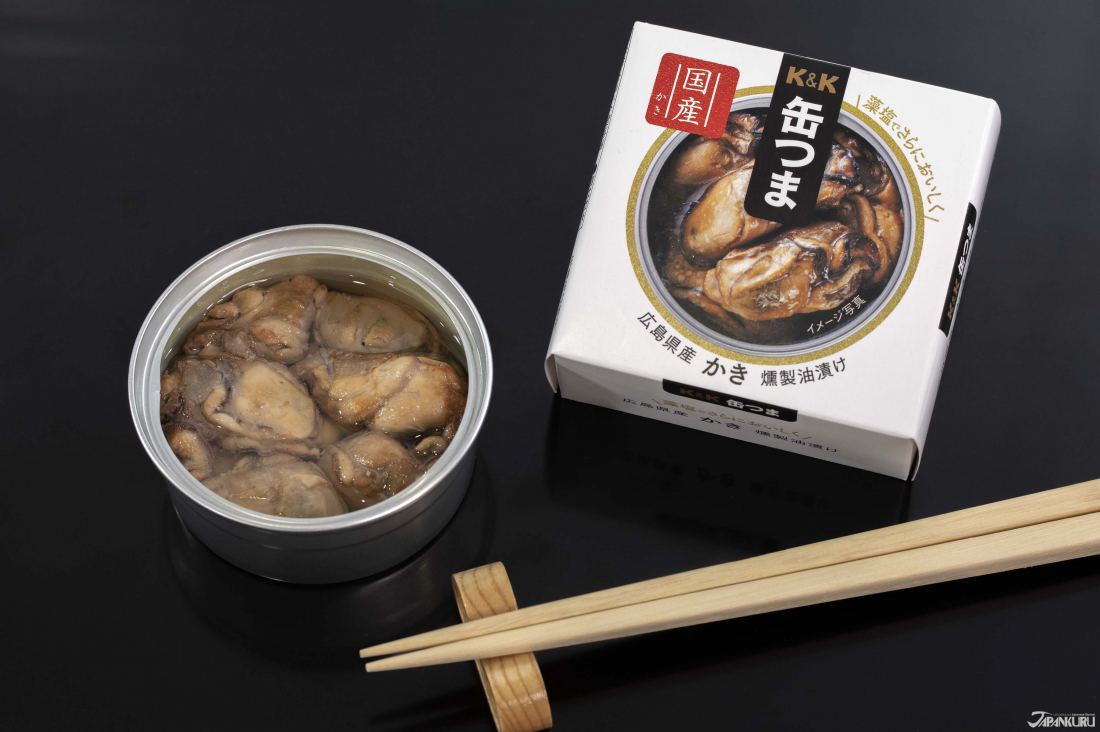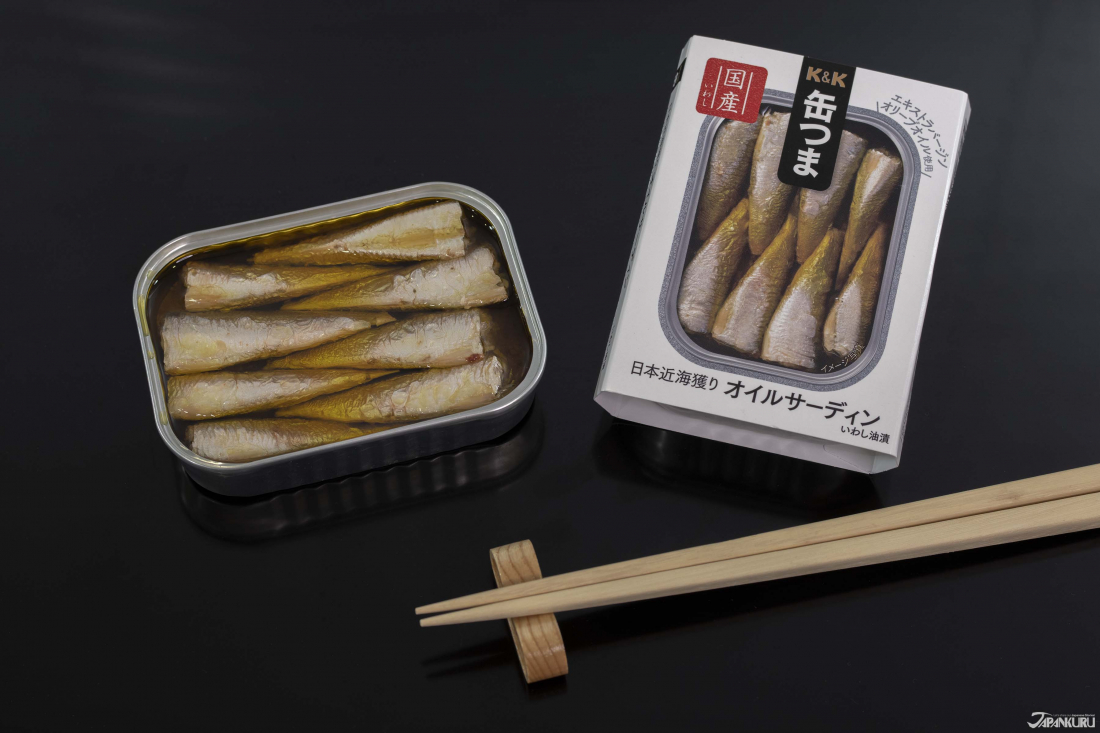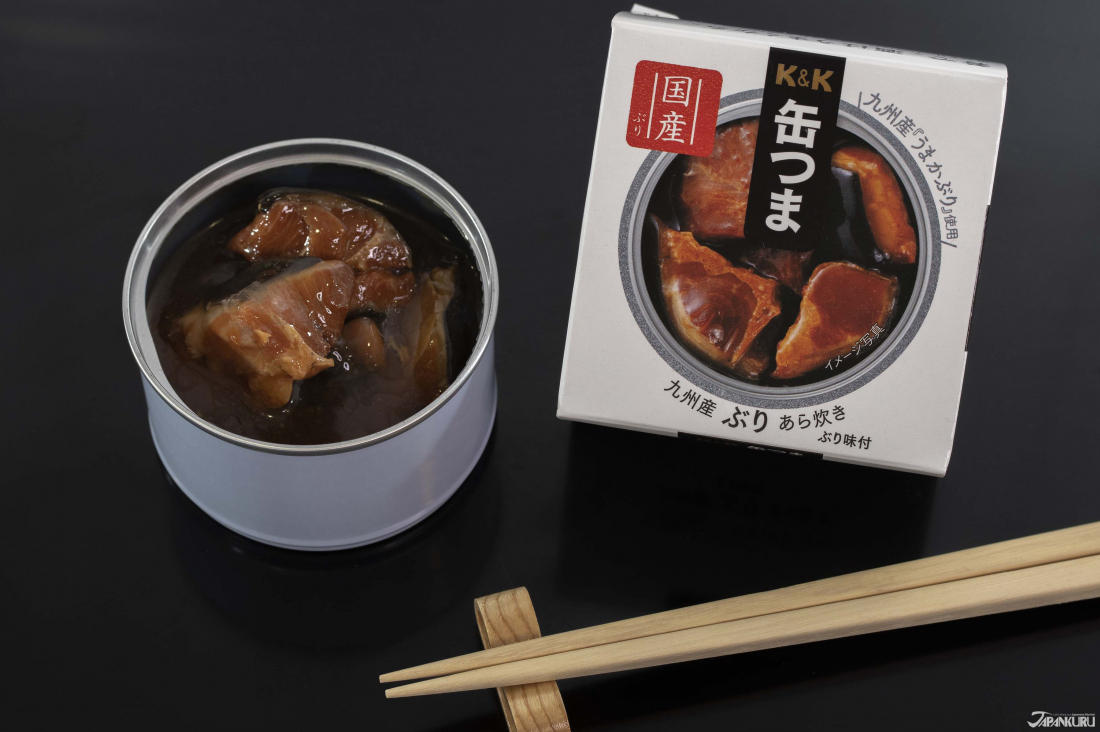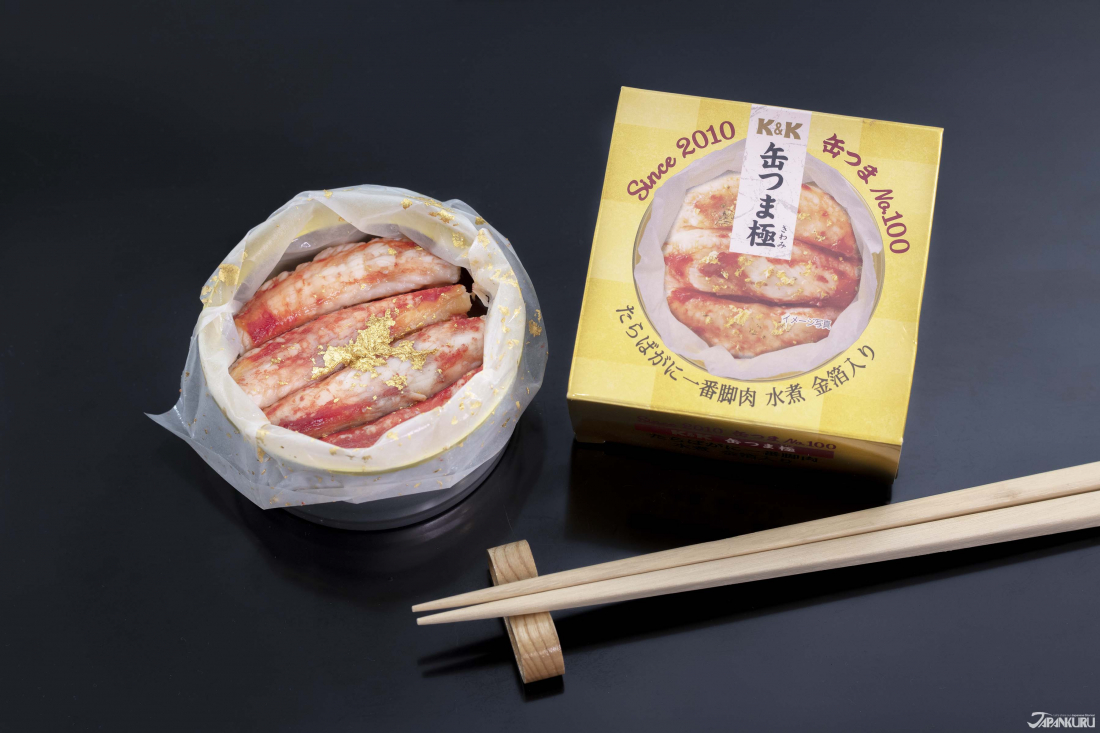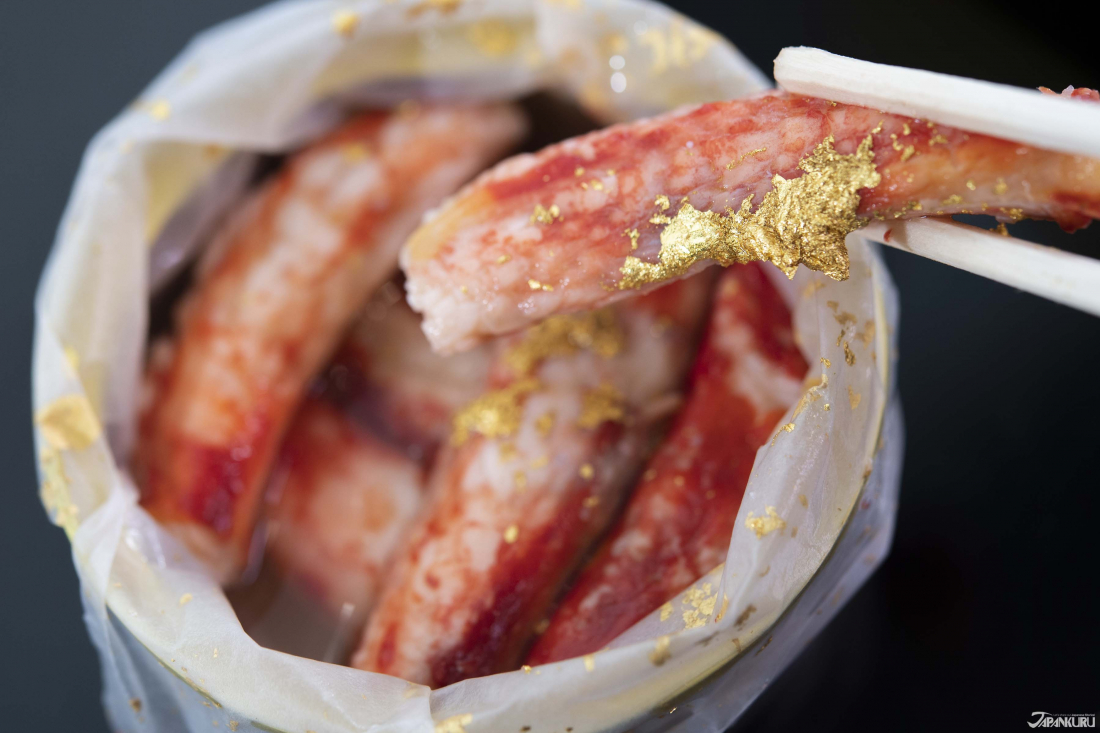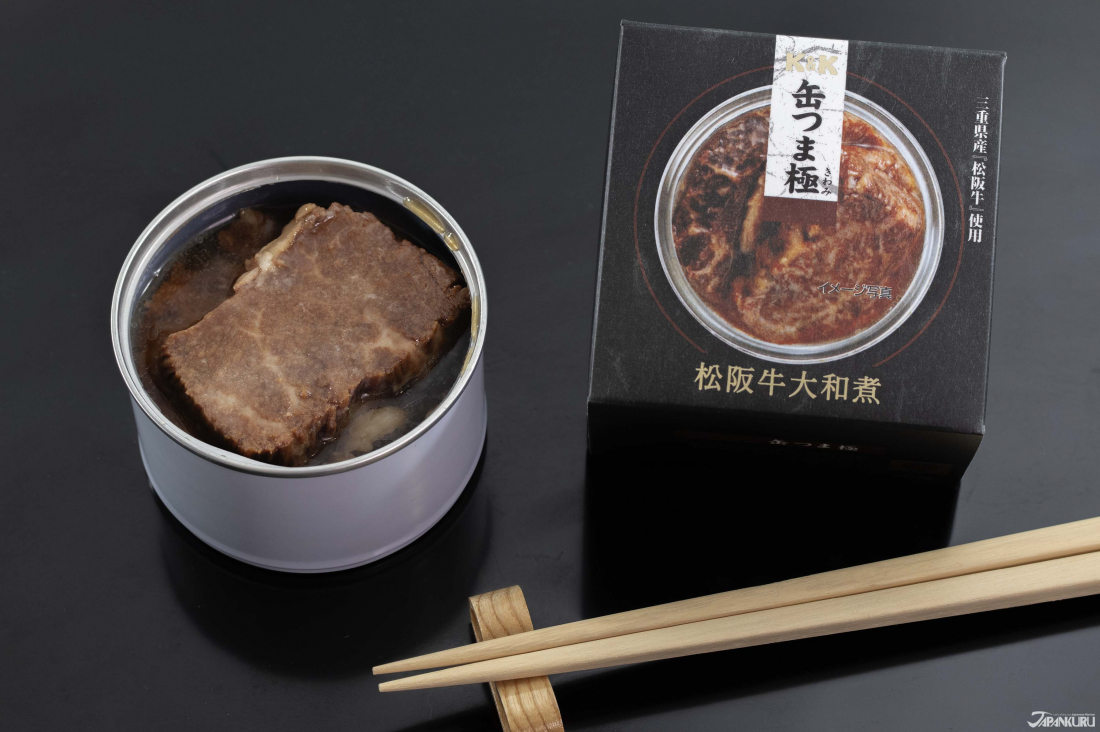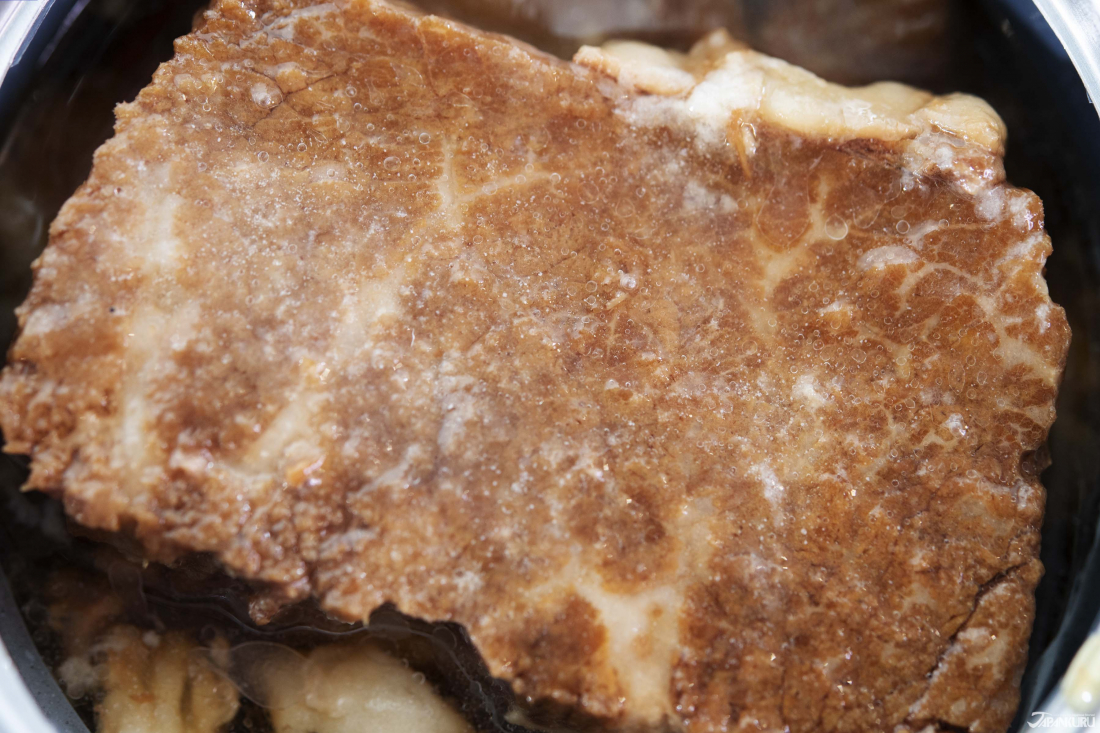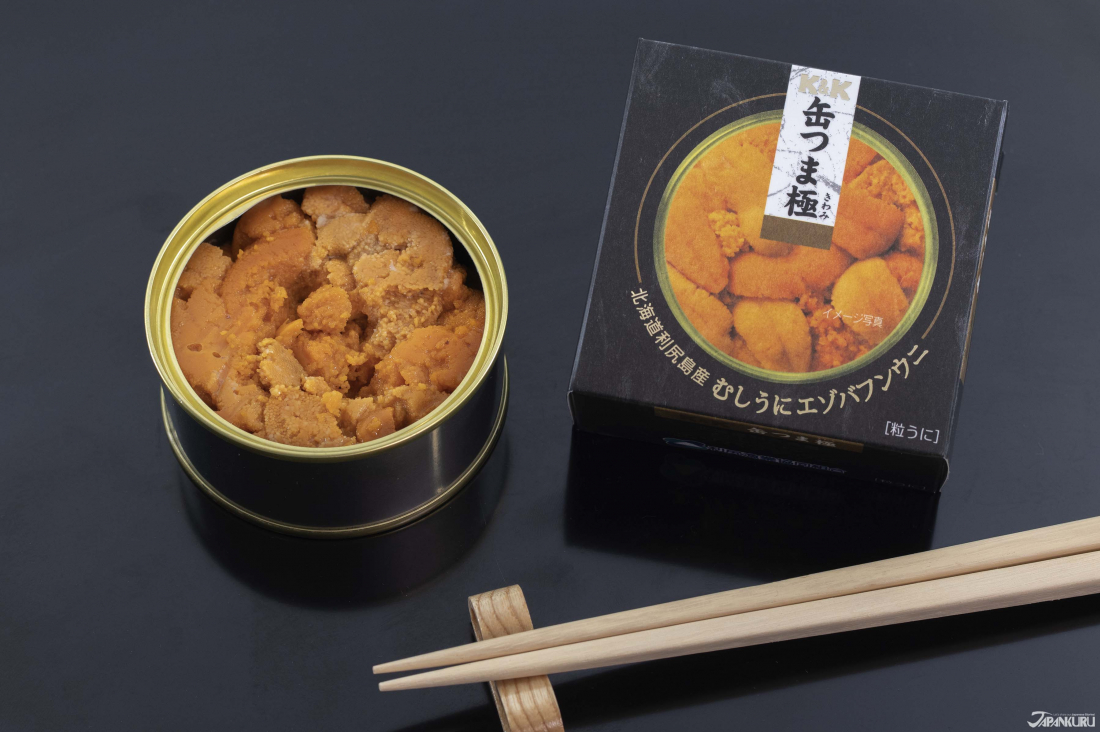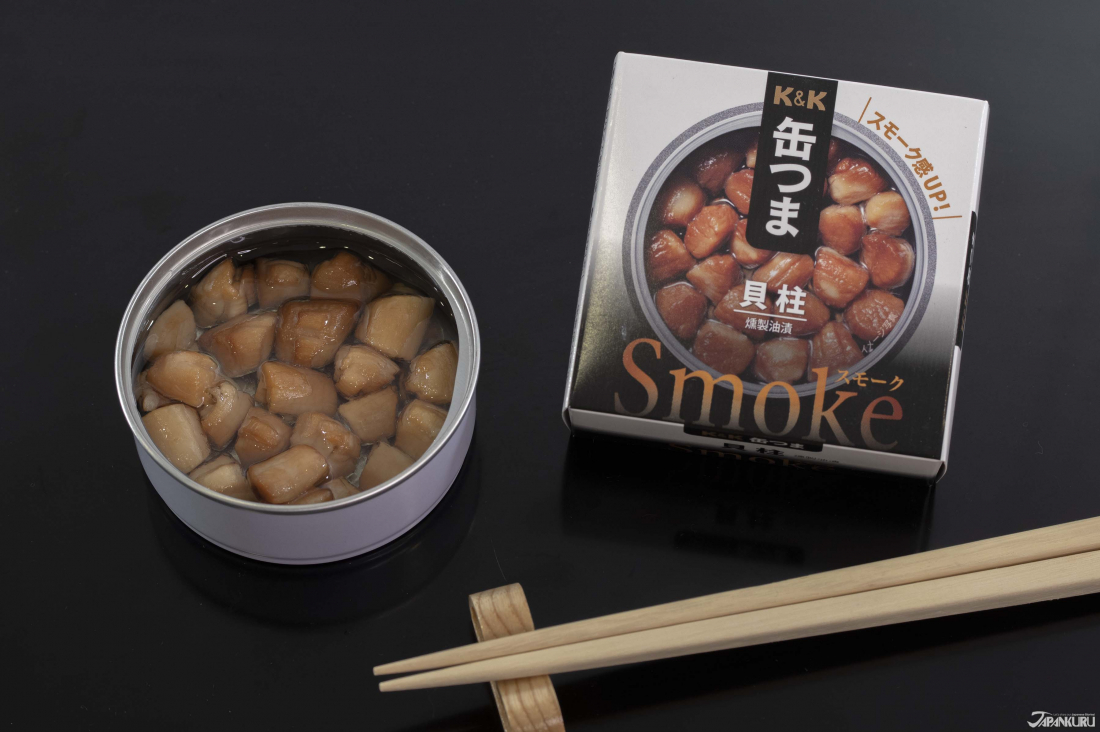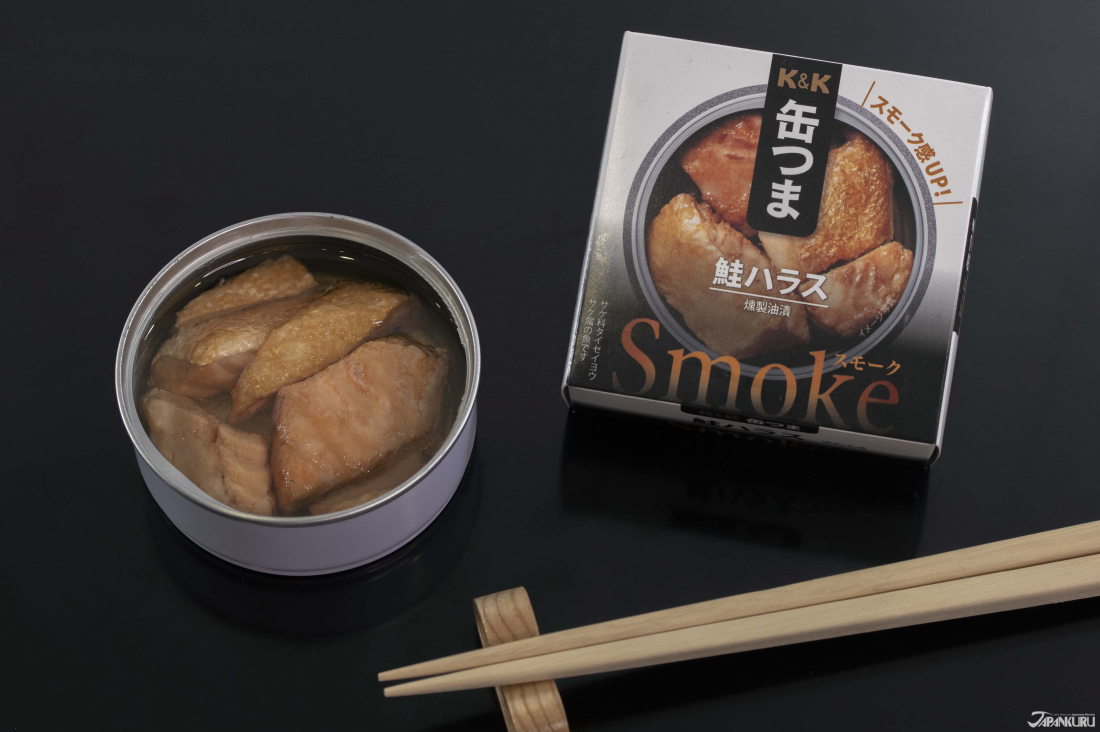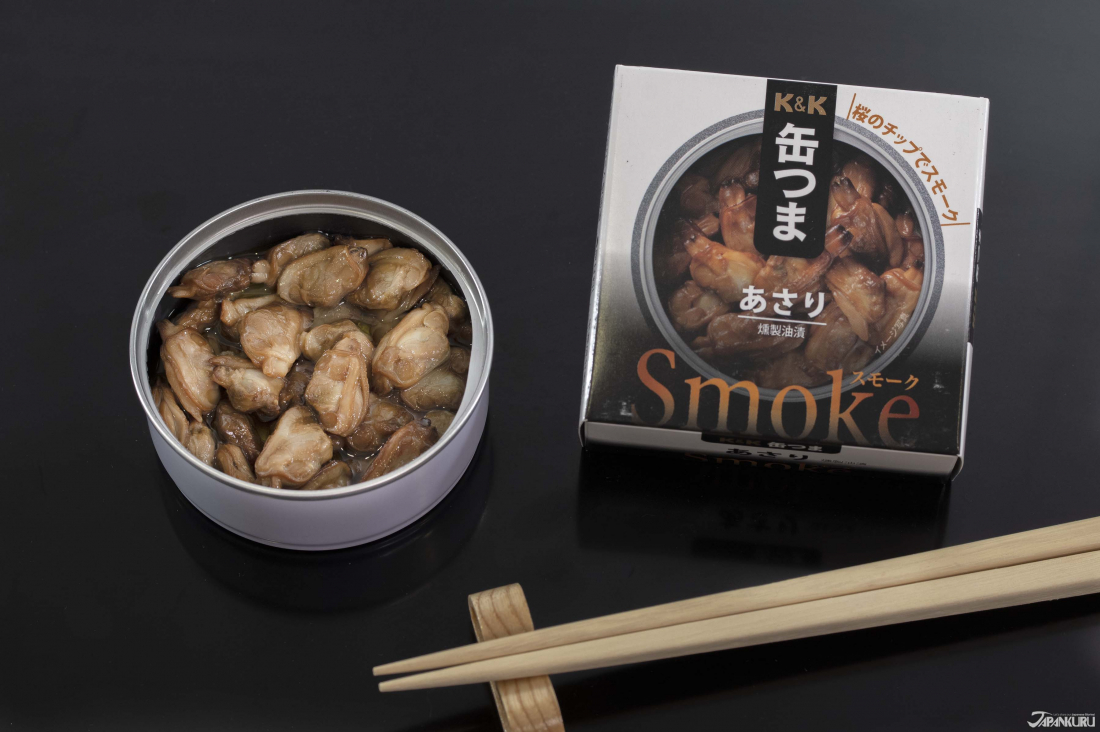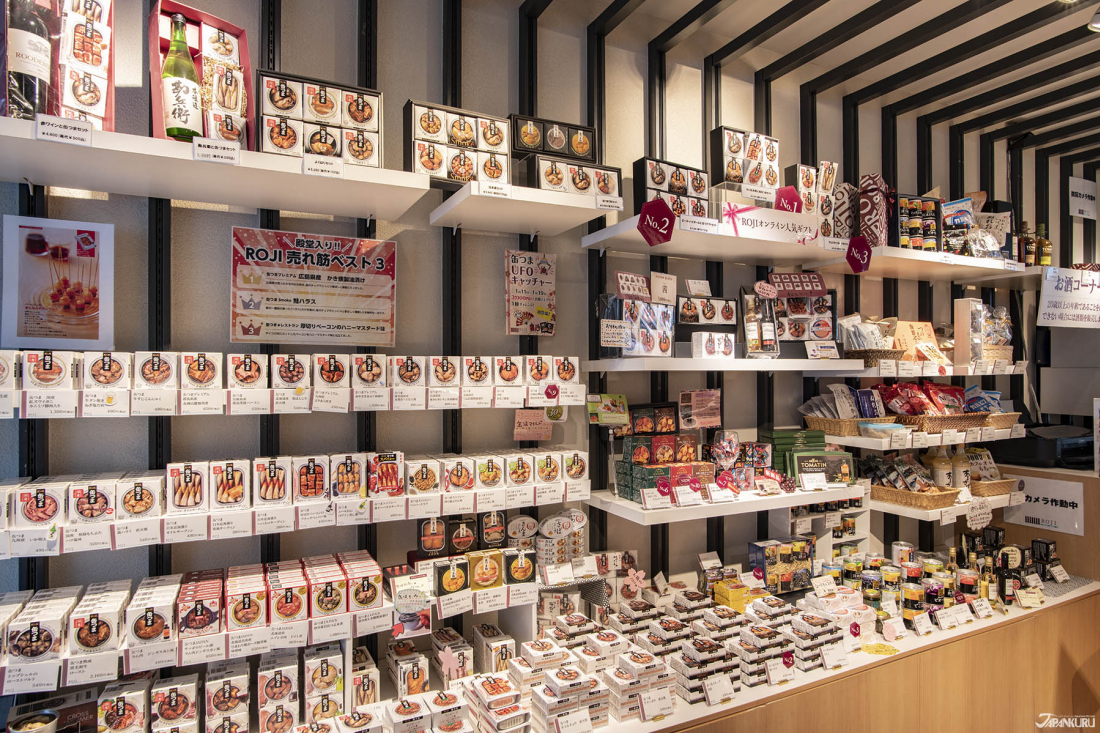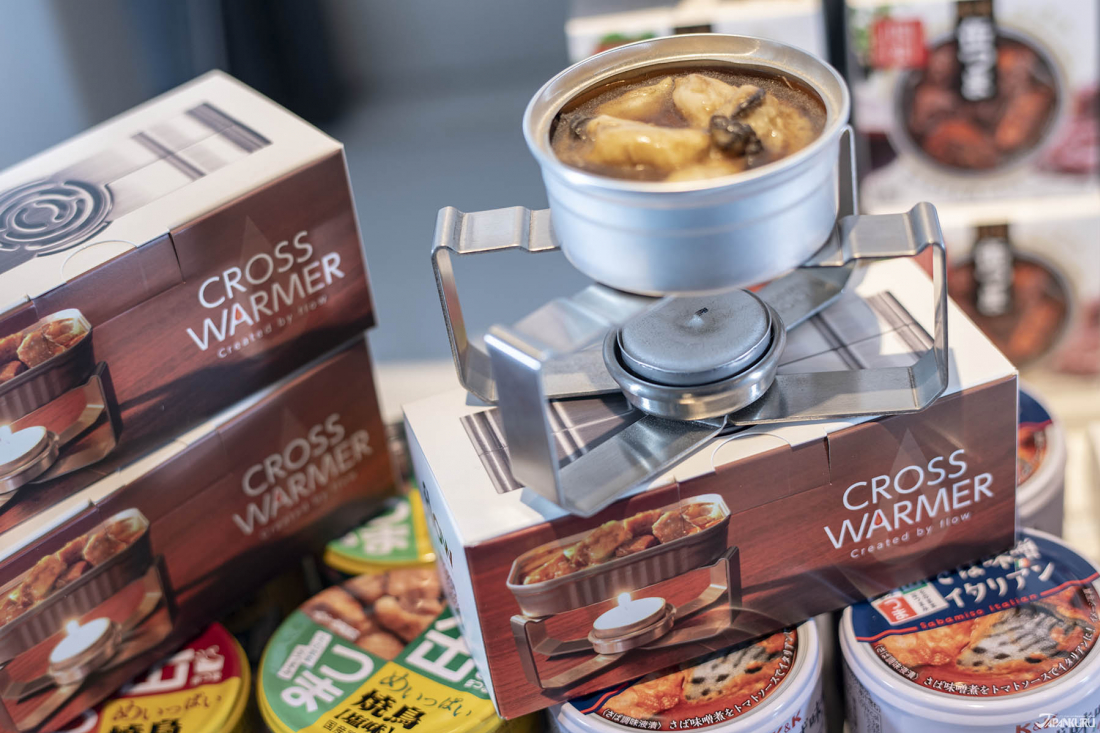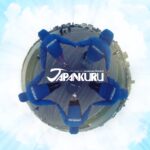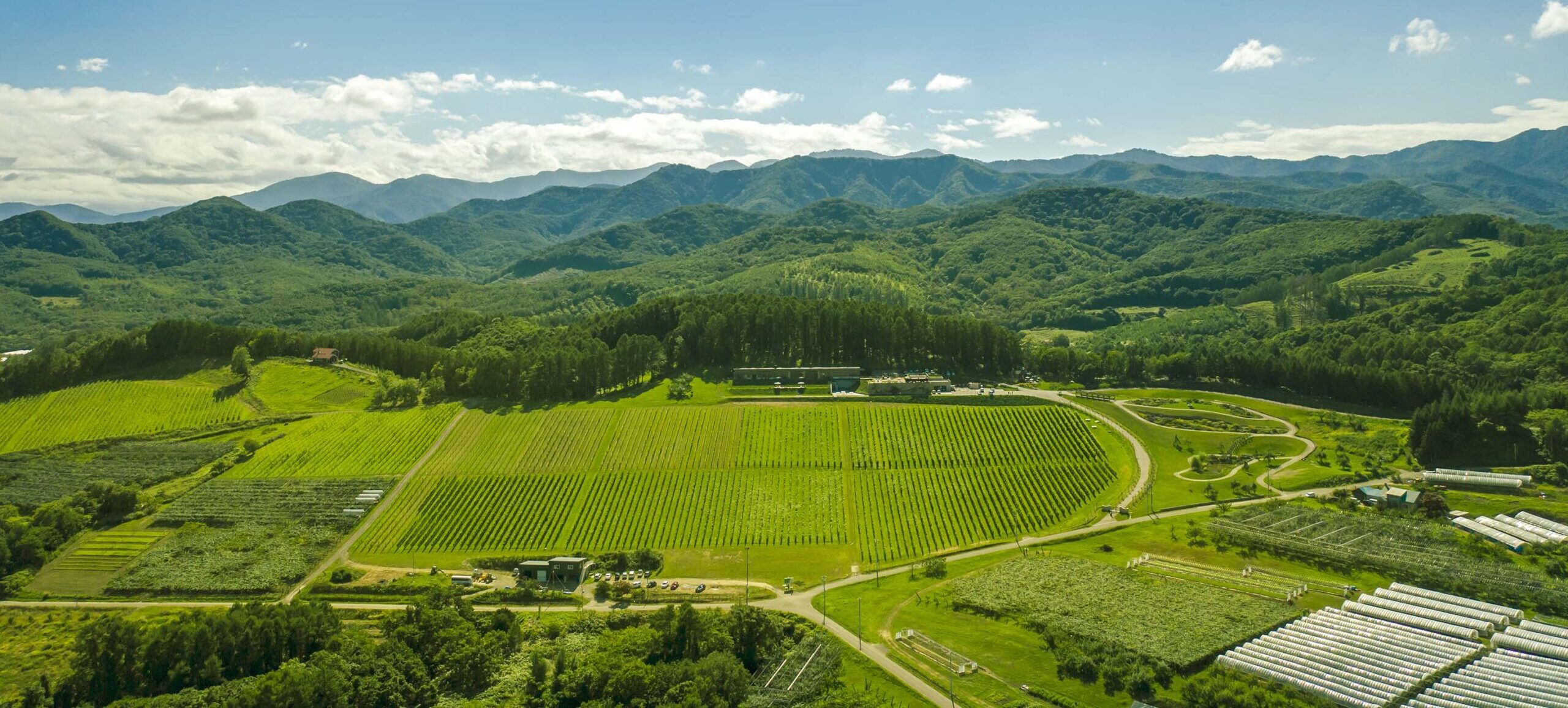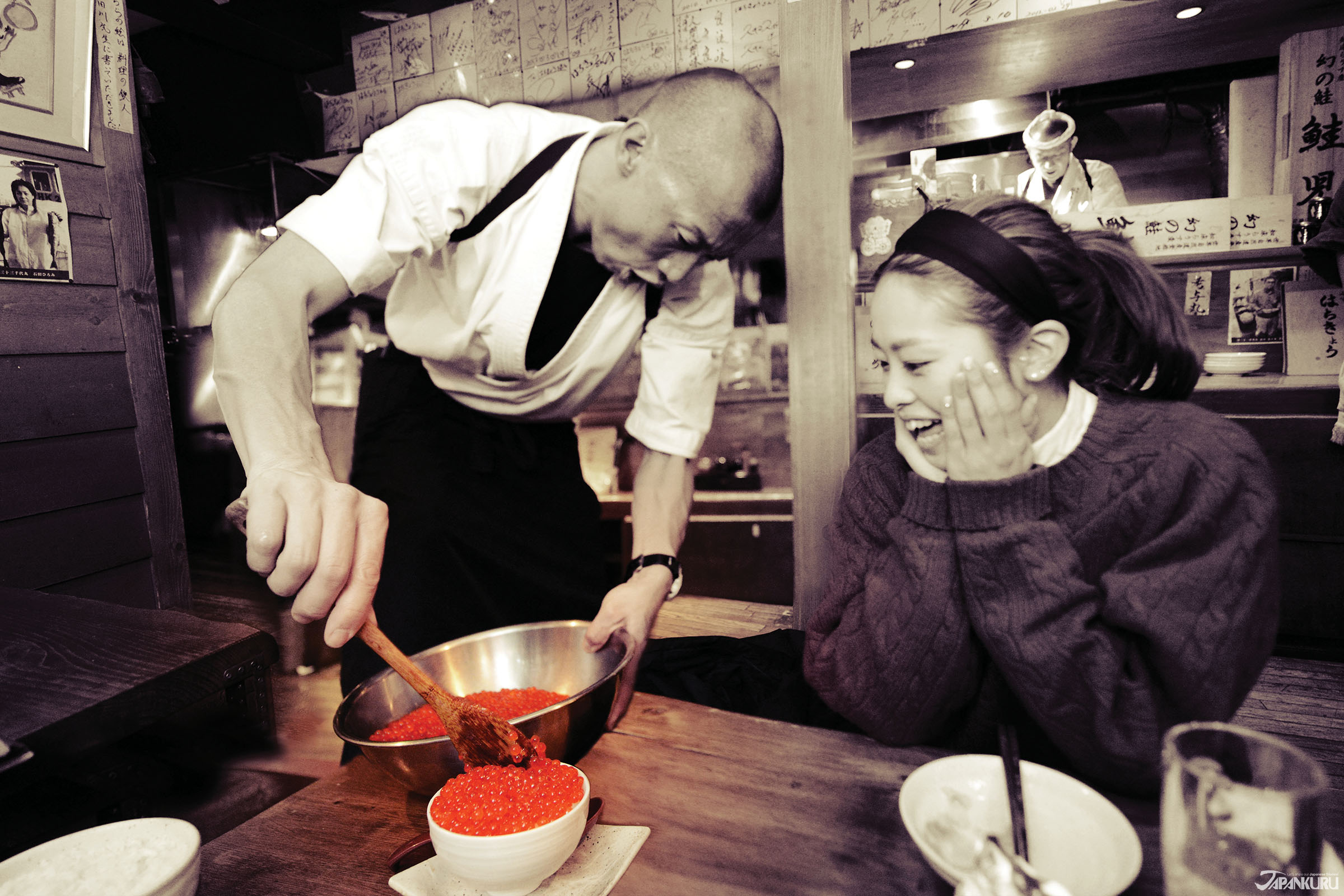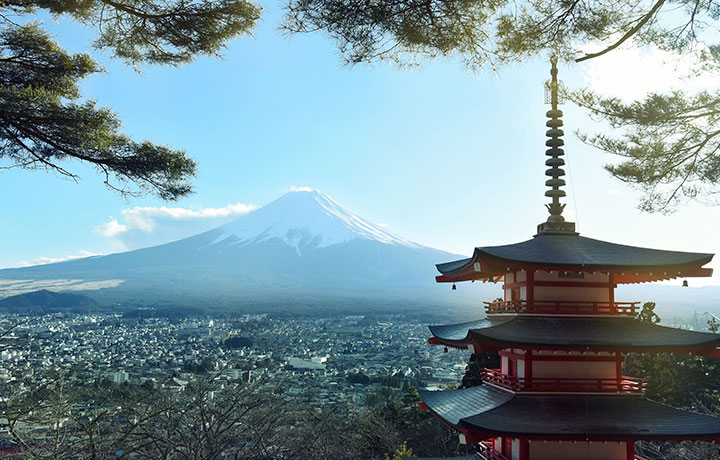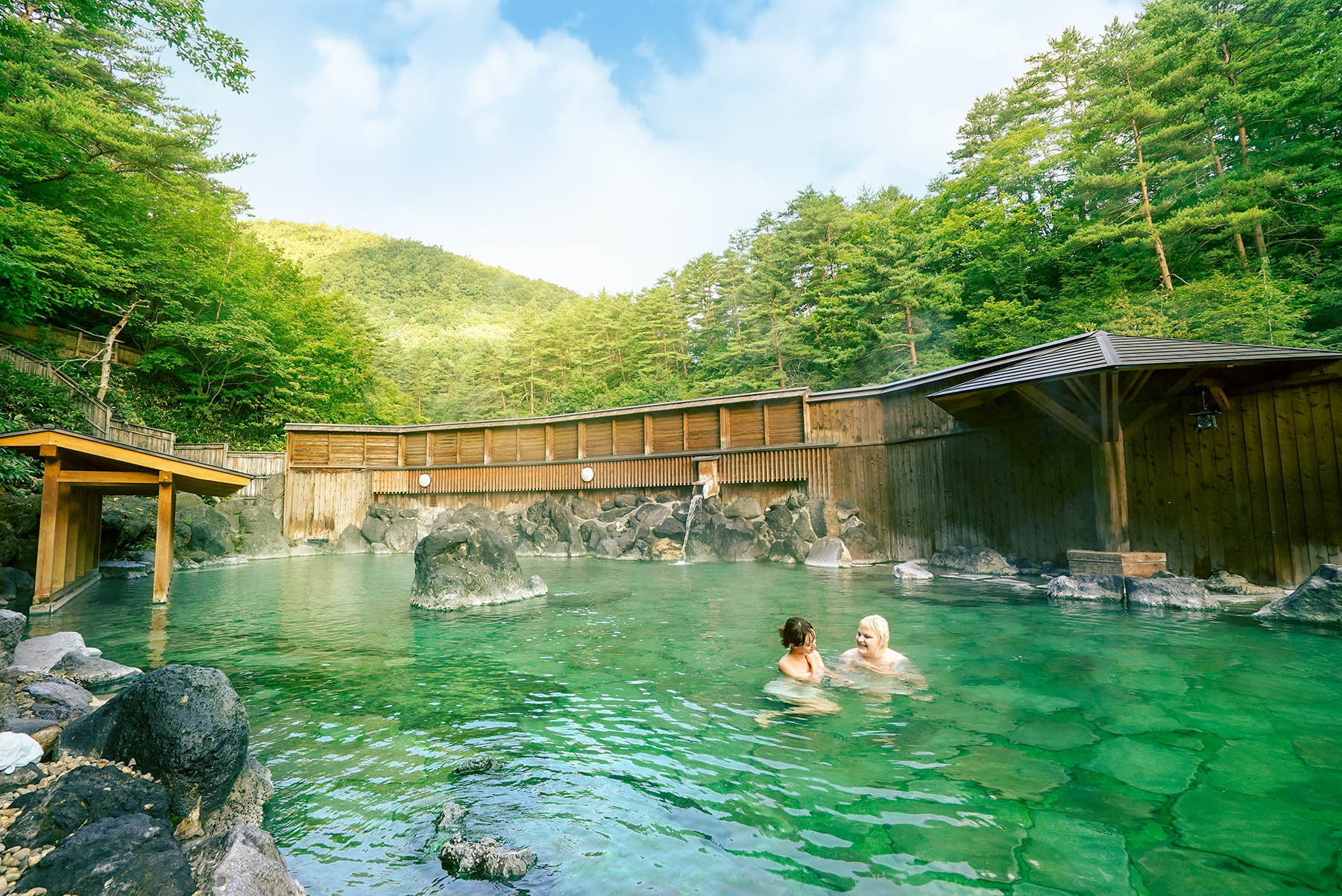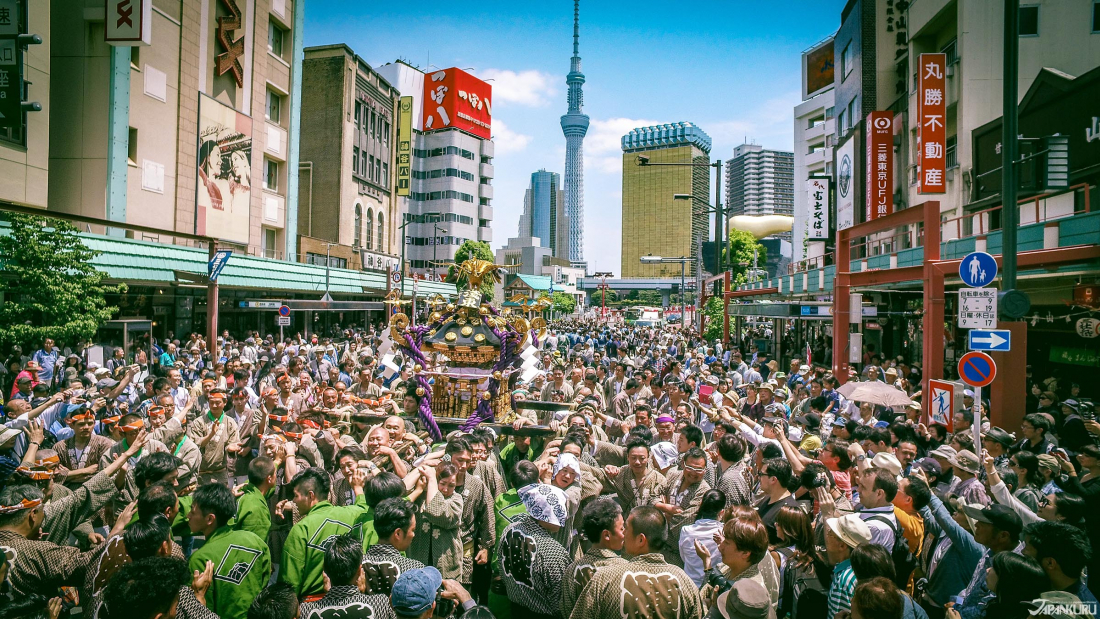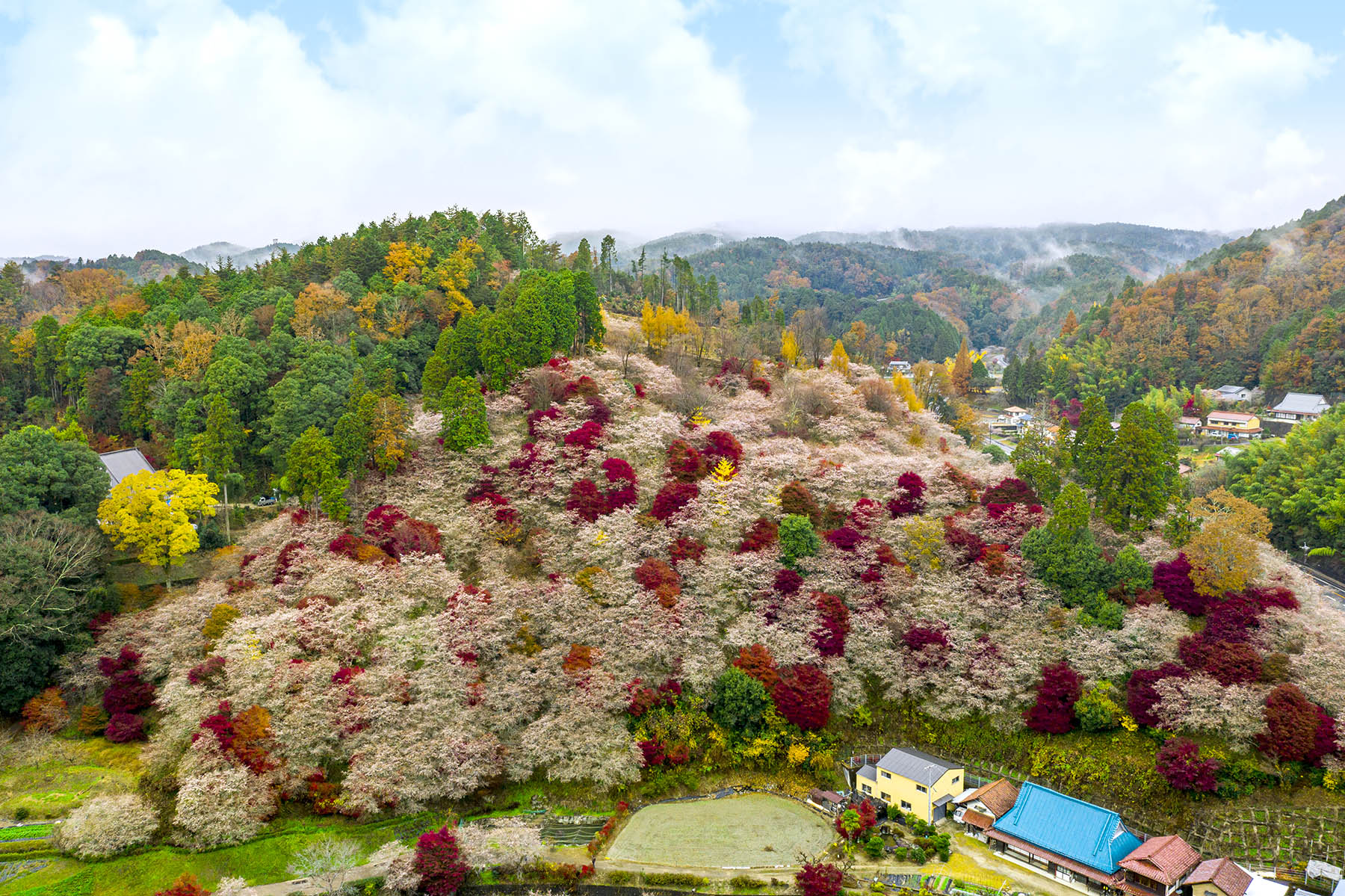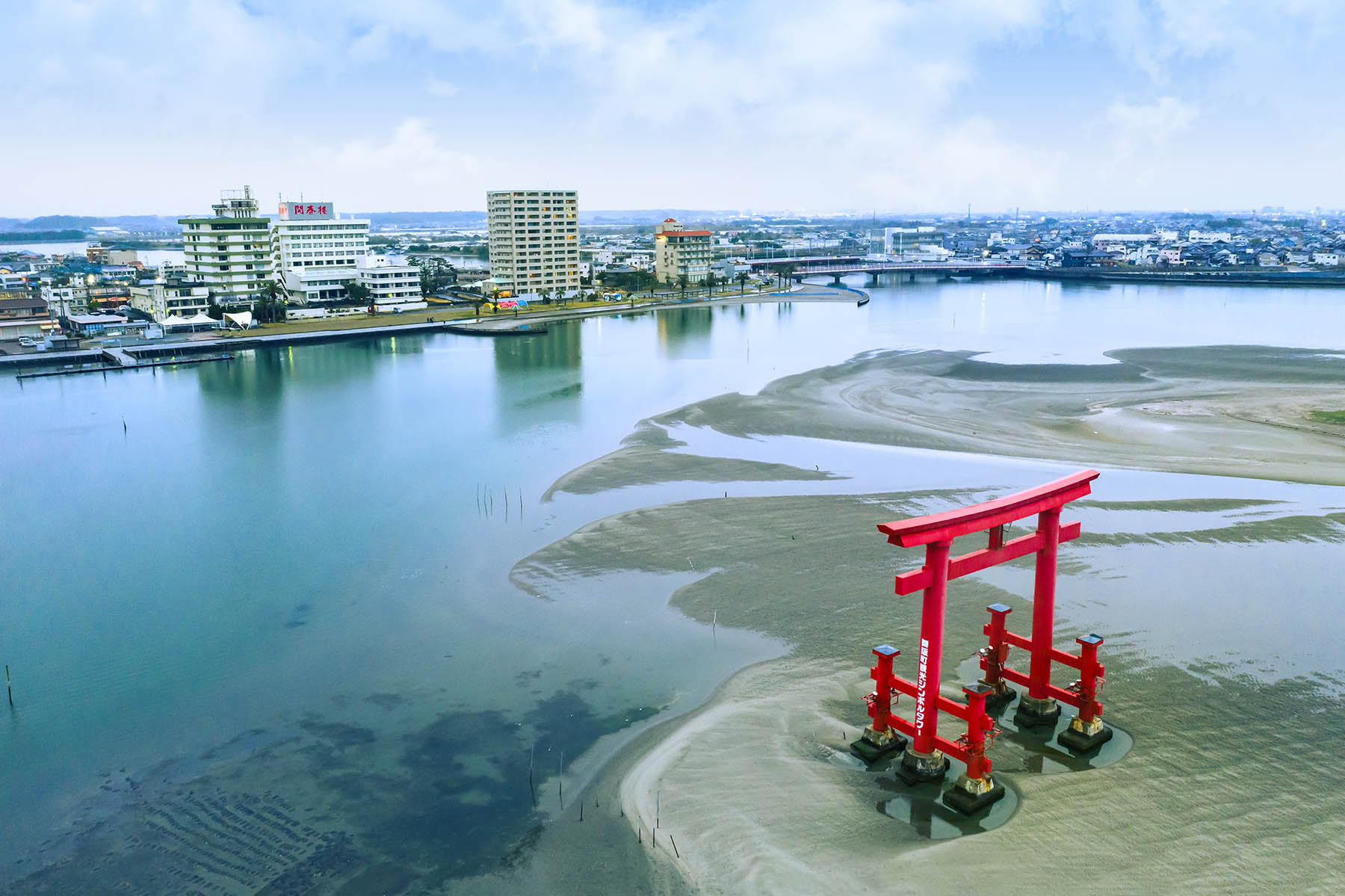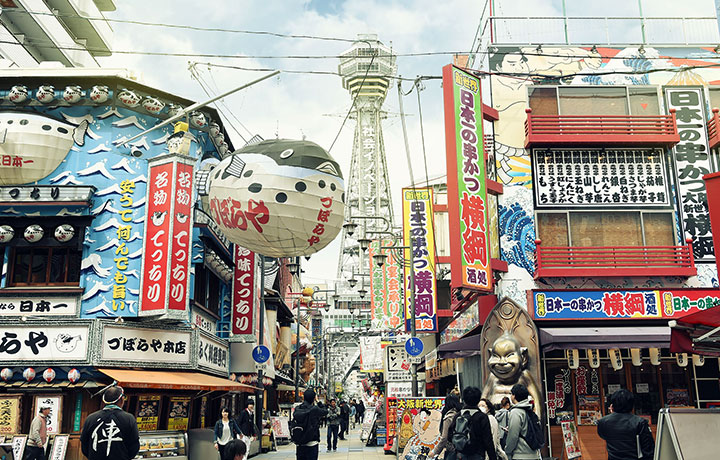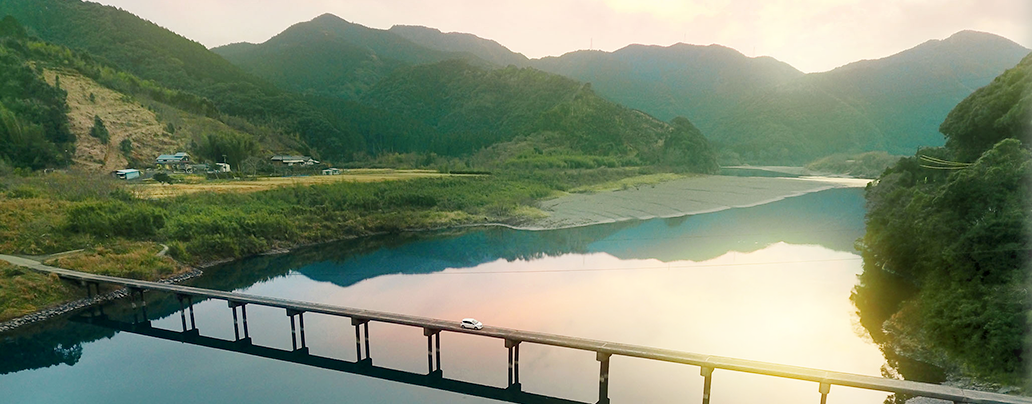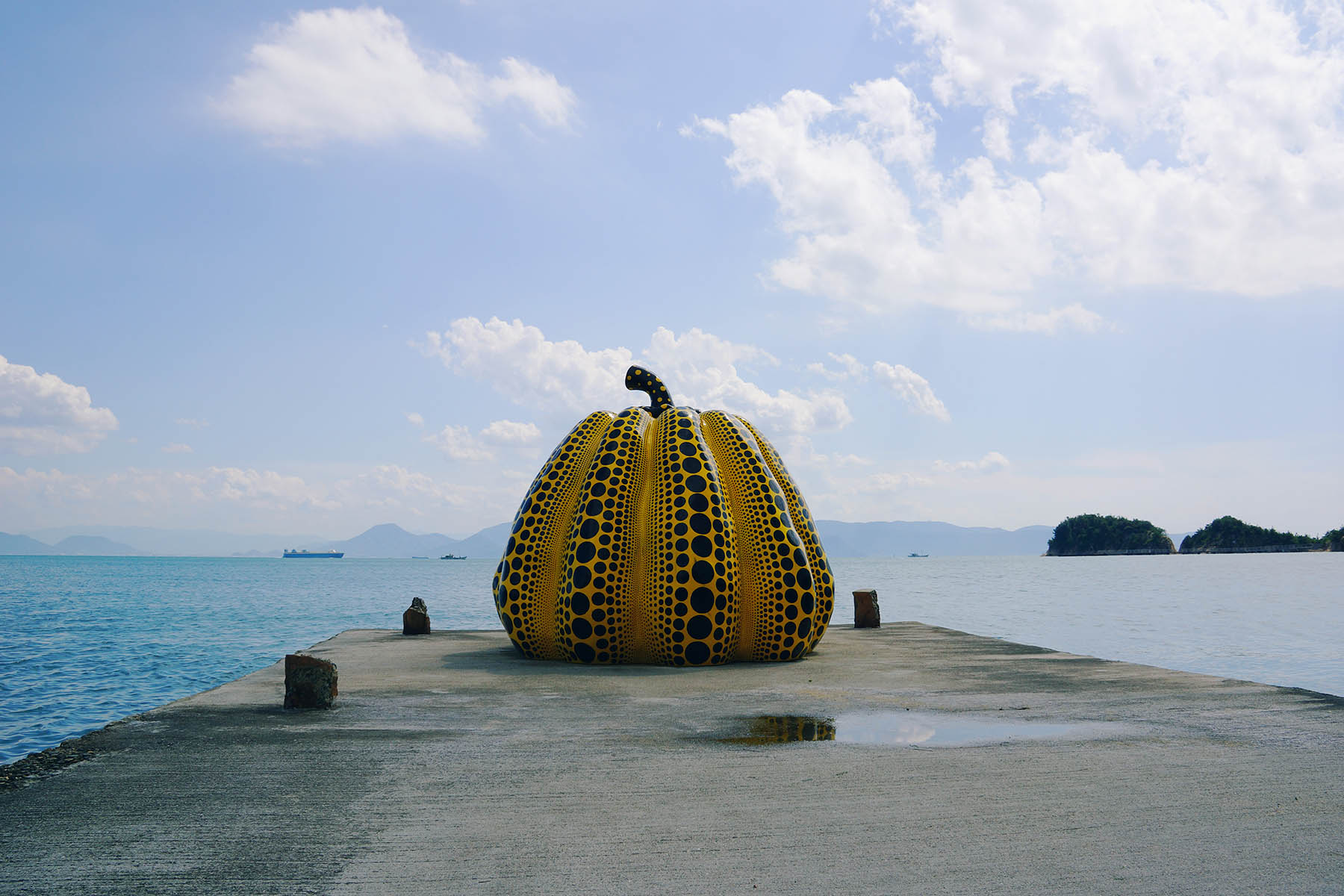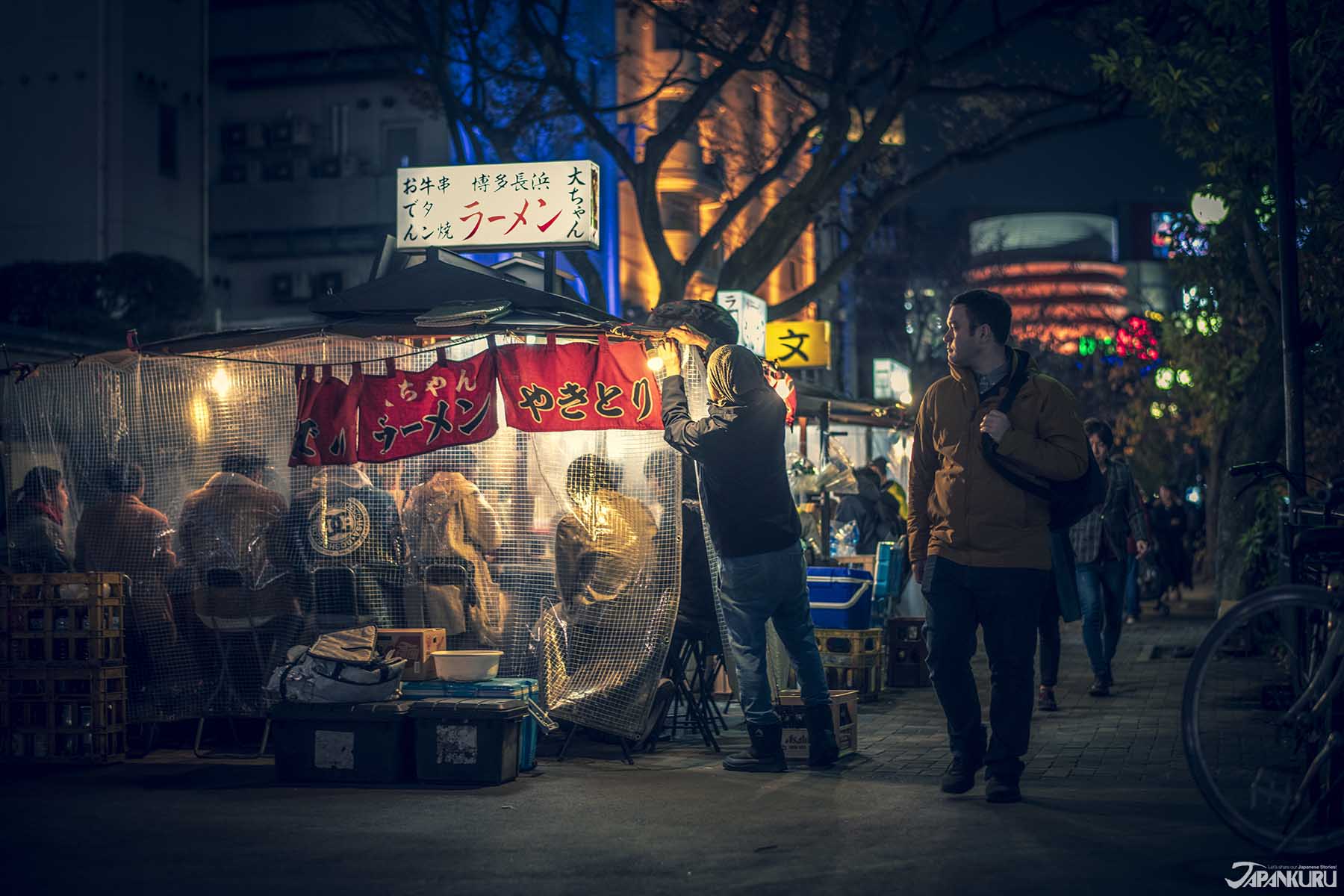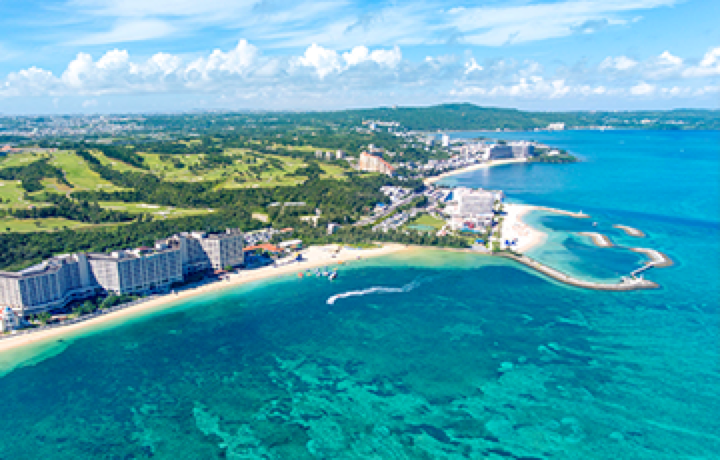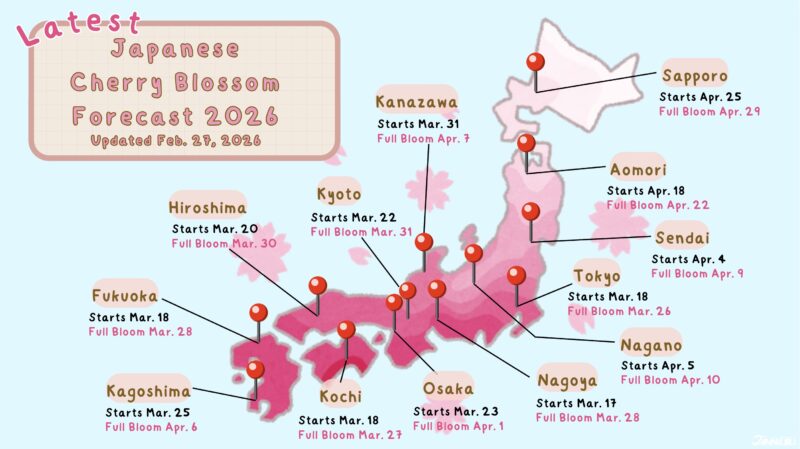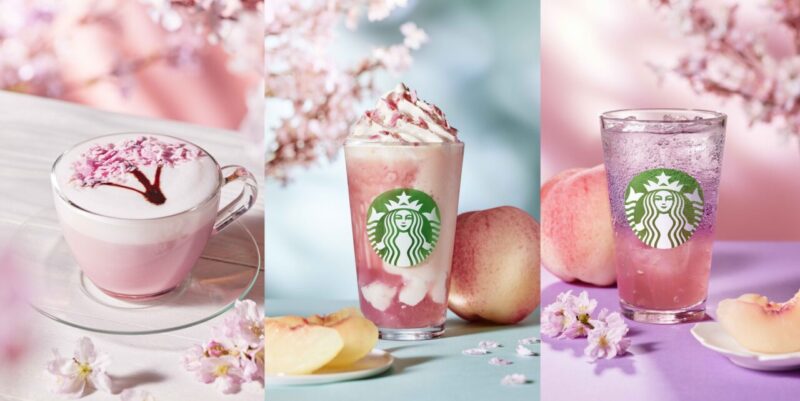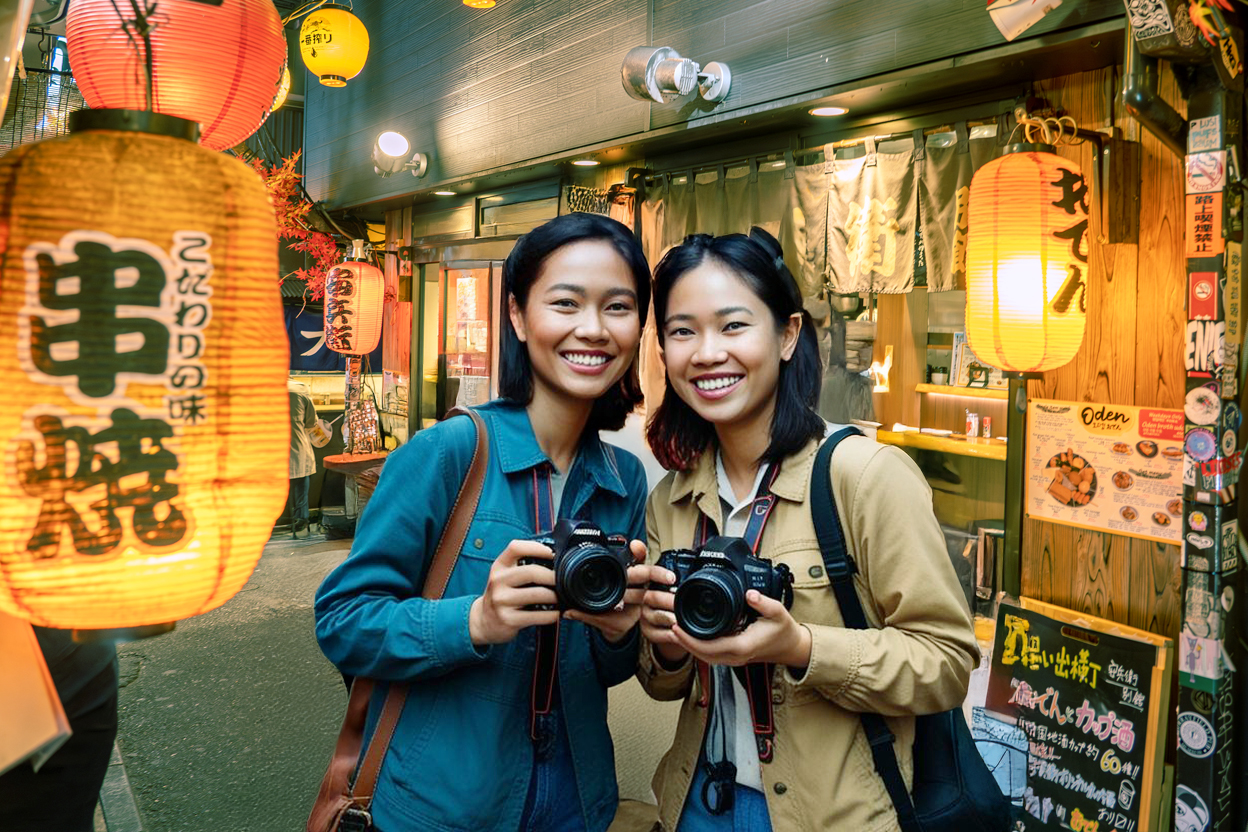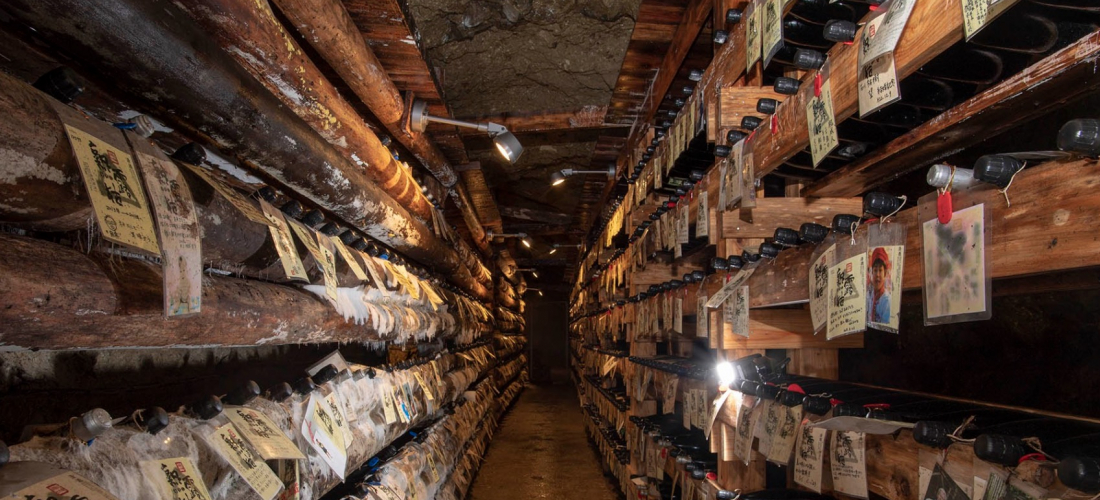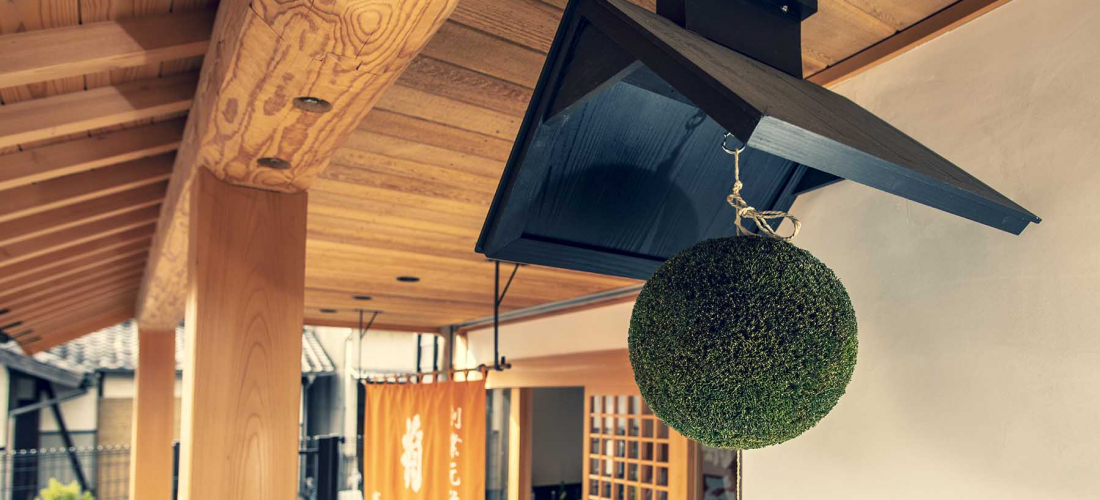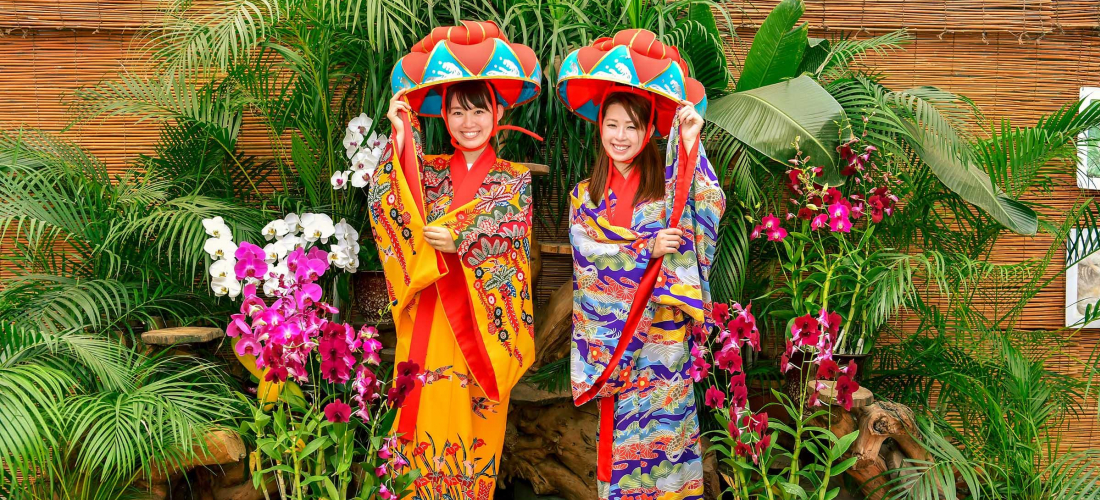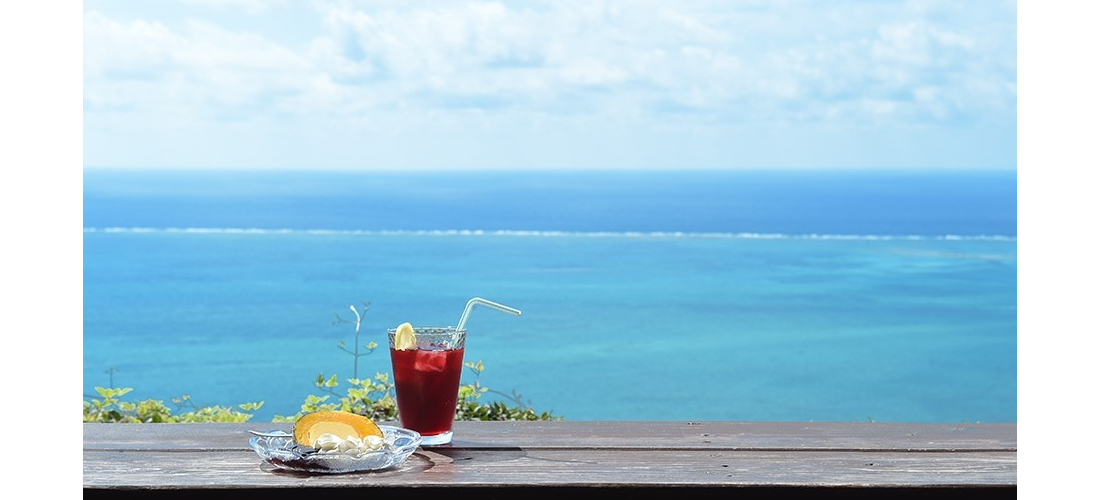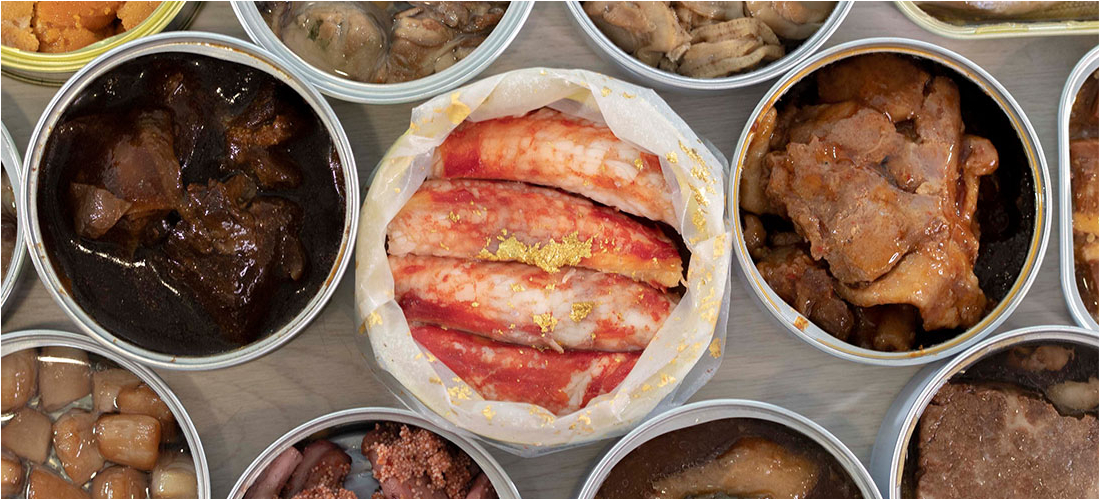
CONTENTS
Looking for that perfectly wacky Japanese souvenir? Want to taste something you’ve never even seen before? Hoping for a unique Japanese cultural experience? This line of canned food offers 70 different options, so add a few to your shopping list and enter canned heaven.
Canned Food, on a Whole New Level
In Japan, things never quite come in the form or from the place you'd expect. Hot soup from vending machines, candies that taste like wasabi, and spectacularly delicious culinary options… from the convenience store. None of this is unusual in the land of the rising sun! Which is why today we'd like to introduce you to the canned cuisine of Kokubu. Sold in everyday places like Japanese discount store Don Quijote, or your corner "konbini" (convenience store), but also found on the shelves of gourmet groceries, this canned food isn't your standard tuna flakes.
Kokubu has over 100 years of canning history, and a reputation for only using high-quality ingredients, which is probably why this canned food actually tastes, well, really, really good!
When we heard about the huge selection they offer these days, we knew we had to check it out.
We were most intrigued by Kokubu's "Kantsuma" line, a product name that combines the Japanese word for canned (kanzume, 缶詰) and the word for "drinking snacks" (tsumami, つまみ). The line has over 70 different items, each packed into a compact can, and each meant to be a perfect little accompaniment to a good drink. Coming from other parts of the world, we looked at these cans and thought "but can canned food really, truly be good? Outside of Japan, it's usually kind of bland and disappointing."
Could the Kantsuma products really live up to this claim, and be delicious on their own? Opened and enjoyed, no cooking required?
The answer, we found, is yes.
Looking at the packaging, at first we had some suspicions about the clear photos of the cans' contents. It actually looked pretty appealing, but that must be photoshop magic, right? We were genuinely impressed when we peeled back the can lids, and found that for each of them, the insides actually looked extremely close to what was pictured on the box. This also seemed like a great bonus for anyone who doesn't read Japanese – just pick what looks good from the photos on the outside, and it's hard to go wrong!
Since these cans are meant to be snacks that go with a hard drink or two, they've actually added pairing suggestions on the side, too, which we loved. Can you guess which cans go best with whiskey, and which match perfectly with a glass of red wine? We didn't really know on our own, but we were pretty pleased with the suggestions on the box.
In the end, we wanted to try so many of these fun new snacks that we got ourselves some bowls of rice, and decided to have a feast. We can't say we have any regrets – if you're looking for a quick meal, or a portable lunch (picnic time, anybody? camping perhaps?), these cans come highly recommended.
↓Check out our international taste test!↓
Kokubu’s Top Canned Creations
#1 | Oysters
These little packets of seafood flavor are the best-selling item from the Kantsuma series, and the oysters' popularity is probably due to a combination of good ingredients, and simple processing.
The cans are packed with Hiroshima oysters, a famous local product, and after the shellfish is smoked, it's quickly canned with just oil and salt. Since the ingredient list is so short for so many Kantsuma cans, the ingredients become really important. We were pretty intrigued to hear that not only are the oysters a particularly famous variety, but the salt is also carefully selected, lending a unique taste to the savory flavor profile.
"Canned" tends to bring to mind images of mushy, textureless food with lots of preservatives, that have probably been sitting on the shelf too long. These oysters actually tasted pretty fresh, in their own smokey way, and there were no mysterious chemicals to be found inside. Nice!
#2 | Sardines
These chubby domestic sardines, marinating in extra virgin olive oil, come in at second place.
The simple Kokubu secret for these shiny little fish both boosts the flavor, and cuts down on food waste: filling the can length-wise. Sardines in Japan are usually lined up side-by-side along the short side of the can, and to make them fit, the slimmer tail ends of the body gets cut short. That part of the fish is a perfectly delicious, flavorful morsel, though, and getting rid of it does nobody any good. Lining them up this way, we were glad to see that Kokubu doesn't waste any of that fishy flavor.
Plus, flavor-wise, these guys are a sleeper-hit.
#3 | Scallops
Hokkaido is famous for being the source of some of Japan's most spectacular seafood, so it's not really a surprise that these canned Hokkaido scallops are so popular. After the JAPANKURU team sampled these little bivalves, we found that regardless of your nationality, you'll probably like these scallops caught in the
Sea of Okhotsk.
With the smokey flavor and rich texture, we appreciated the recommended pairing: they definitely go well with whiskey.
#4 | Bacon in Honey Mustard Sauce
Coming from the United States, this particular English-language writer hears "bacon" and thinks "thin, crispy, and perfect for breakfast!"
Of course, bacon can really refer to salt-cured pork of a variety of shapes and sizes. And while the contents of this can don't have any crispy crunch, each bite is a flavor bomb of delicious bacony flavor and accents of sweet honey-mustard. Nothing wrong with that! The cubes of decadently fatty pork were extremely popular among our international team, and we were very glad there was plenty to go around.
#5 | Buri (ぶり, AKA Japanese Amberjack, AKA Yellowtail)
For some really Japanese flavor, buri might just be our best recommendation. While you don't see a ton of it overseas, this particular variety of fish is a Japanese staple, and the ones used by Kokubu are caught off the shores of Japan's southern island of Kyushu. Dense hunks of fish packed with flavor – might we suggest you bring a can home for that one friend we all have? You know, the one who's so very jealous you get to eat so much good food in Japan.
(They must exist, because so often that friend is one of us!)
Luxury, High-End Canned Food!? Kantsuma Kiwami
The cans in the standard line of Kantsuma products sell for around 300 to 1,000 yen: not so cheap you start to doubt the quality, but still a reasonable price for a tasty, protein-filled snack. The "Kiwami" (極, meaning peak or extreme) line of canned goods, on the other hand, retails at prices between 5,000 (!?) and 10,000 (!?) yen. A truly high-end price for some truly high-end cans of food.
Well, the JAPANKURU team decided to pick up and sample a few of these very fancy cans, and give them a taste. We could tell that Kokubu doesn't really expect these to fly off the shelves, and they were really sort of in on the joke here, but the prices aren't just made-up numbers. These cans are expensive because they contain some really luxe foodstuffs.
Unsurprisingly, this bright gold package really caught our eye.
Inside was this: the most deliciously succulent (carefully chosen) cuts of flavorful red king crab legs (the same as Alaskan king crab), packed in brine, and topped with, that's right, gold leaf. Yes, inside this unassuming can is not only some of the best crab out there, but also real gold. Dig in!
The next package we opened was a little less flashy, and a little more sophisticated, but it's also the can that quite a few of us wanted to try the most: Matsusaka beef. While the name "Kobe beef" might be recognized world-wide, within Japan there are three varieties of wagyu (和牛, Japanese beef) that are recognized as the best in the country. Kobe beef, Omi beef, and Matsusaka beef. This is some top-shelf stuff.
And looking at the marbling, we could already tell it was going to be good. The can contained thick cuts of A5 (the highest grade) Matsusaka beef, cooked in a broth of soy sauce and ginger, for a melt-in your mouth bite with a kick of Japanese flavor.
Just one of these cans costs 5,000 yen, so you probably won't be picking up a whole box-full to bring home for each of your friends… but if you can't resist buying one to taste for yourself (or bringing it home for one last bite of Japanese goodness after you get back), well, we wouldn't blame you. It's pretty tempting.
Uni, or sea urchin, is a strong flavor, and the delicacy is often described as tasting "like the sea." We think that makes it a pretty clear candidate for canning, actually, and considering Kokubu uses ezo-bafun uni (short-spined sea urchin) from Rishiri Island off of Hokkaido, it's no wonder our Japanese team members looked at this can with a sparkle of desire in their eyes.
Inside we found an unctuous, creamy can of vibrantly orange sea urchin, which is apparently taken fresh-caught and steamed for canning on the same day. Since the uni is already packed with so much flavor, the only addition to this luxury can is a little bit of Souya salt, carefully chosen to match the rich flavors.
The Smoke Series
While some of the standard Kantsuma cans also contain smoked foods, the idea behind this special line of smoked canned products was that Kokubu really wanted to focus on that smokey flavor. If you're the kind of person who dumps liquid smoke into every pot of food you make, Kokubu is here to deliver a line of canned food you will love. Each of the ingredients is carefully smoked over some especially fragrant and aromatic sakura (cherry tree) chips, giving it all a whole lot of flavor.
Our first smokey recommendation is kaibashira (貝柱), technically "the adductor muscle of a scallop or other bivalve." If that sounds a bit confusing (some of us were new to the ingredient too), it's actually pretty simple: it's just the most meaty, satisfying part of the scallop.
And when we tried them, we totally got why Kokubu markets these as a snack to go with booze. Popping these little morsels into our mouths, it gave us the same satisfying feeling as you might get snacking on salted peanuts and drinking beer.
And the smoked salmon belly? Well, this is no standard flakey canned salmon. The rich, meaty chunks and a good whiskey might be a match made in heaven.
Or might we suggest a classy glass of white wine to go with the Manila clams?
Want to Buy Some Japanese Canned Goods for Yourself?
As we already mentioned, the Kantsuma cans are found pretty often in convenience stores and groceries around Japan, so they're not really too hard to find (especially the top 5 items we talked about)! If you're feeling a little intrigued by the luxury Kiwami products, though, or you want to see the huge variety of canned goods they offer standard, you can always head over to ROJI, a gourmet market in Nihonbashi, Tokyo.
When we say that ROJI offers a wide variety of products…
…we really mean it. Dozens of cans of different kinds, with everything from the most popular products to the smoked line and even the Kantsuma Kiwami cans. They also have quite a few interesting canned items we didn't mention – spicy chili sardines, anyone? You can also get gift boxes for a pretty fun souvenir option.
If you're a fan of camping (or like us, you just find little gadgets like this fun), pick up a camping stove guaranteed to perfectly heat your favorite Kantsuma snack wherever you go. Gather 'round the campfire, set up your little candle-lit stove with some cans, grab an ice-cold adult beverage, and relax.
ROJI
1-1-1 Nihonbashi, Chuo-ku, Tokyo
Hours: 11:00 – 18:30 (~18:00 on weekends & holidays)
Official Website (jp)
Have you ever tried any of Japan's totally unique canned food? Coming from almost any other country in the world, you might still be eyeing this article with suspicion, so we whole-heartedly recommend you pick up a can or two to try yourself. With a good hard drink, you'd be hard-pressed to find a better match. And we suspect you'll be choosing a few cans to bring back home as well. Treat yourself to a canned food tour when you visit Japan, and then tell us all about it on twitter, instagram, and facebook!
COMMENT
FEATURED MEDIA
VIEW MORE 
A New Tokyo Animal Destination: Relax & Learn About the World’s Animals in Japan
#pr #japankuru #anitouch #anitouchtokyodome #capybara #capybaracafe #animalcafe #tokyotrip #japantrip #카피바라 #애니터치 #아이와가볼만한곳 #도쿄여행 #가족여행 #東京旅遊 #東京親子景點 #日本動物互動體驗 #水豚泡澡 #東京巨蛋城 #เที่ยวญี่ปุ่น2025 #ที่เที่ยวครอบครัว #สวนสัตว์ในร่ม #TokyoDomeCity #anitouchtokyodome

Shohei Ohtani Collab Developed Products & Other Japanese Drugstore Recommendations From Kowa
#pr #japankuru
#kowa #syncronkowa #japanshopping #preworkout #postworkout #tokyoshopping #japantrip #일본쇼핑 #일본이온음료 #오타니 #오타니쇼헤이 #코와 #興和 #日本必買 #日本旅遊 #運動補充能量 #運動飲品 #ช้อปปิ้งญี่ปุ่น #เครื่องดื่มออกกำลังกาย #นักกีฬา #ผลิตภัณฑ์ญี่ปุ่น #อาหารเสริมญี่ปุ่น

도쿄 근교 당일치기 여행 추천! 작은 에도라 불리는 ‘가와고에’
세이부 ‘가와고에 패스(디지털)’ 하나면 편리하게 이동 + 가성비까지 완벽하게! 필름카메라 감성 가득한 레트로 거리 길거리 먹방부터 귀여움 끝판왕 핫플&포토 스폿까지 총집합!
Looking for day trips from Tokyo? Try Kawagoe, AKA Little Edo!
Use the SEIBU KAWAGOE PASS (Digital) for easy, affordable transportation!
Check out the historic streets of Kawagoe for some great street food and plenty of picturesque retro photo ops.
#pr #japankuru #도쿄근교여행 #가와고에 #가와고에패스 #세이부패스 #기모노체험 #가와고에여행 #도쿄여행코스 #도쿄근교당일치기 #세이부가와고에패스
#tokyotrip #kawagoe #tokyodaytrip #seibukawagoepass #kimono #japantrip

Hirakata Park, Osaka: Enjoy the Classic Japanese Theme Park Experience!
#pr #japankuru #hirakatapark #amusementpark #japantrip #osakatrip #familytrip #rollercoaster #retrôvibes #枚方公園 #大阪旅遊 #關西私房景點 #日本親子旅行 #日本遊樂園 #木造雲霄飛車 #히라카타파크 #สวนสนุกฮิราคาตะพาร์ค

🍵Love Matcha? Upgrade Your Matcha Experience With Tsujiri!
・160년 전통 일본 말차 브랜드 츠지리에서 말차 덕후들이 픽한 인기템만 골라봤어요
・抹茶控的天堂!甜點、餅乾、飲品一次滿足,連伴手禮都幫你列好清單了
・ส่องมัทฉะสุดฮิต พร้อมพาเที่ยวร้านดังในอุจิ เกียวโต
#pr #japankuru #matcha #matchalover #uji #kyoto #japantrip #ujimatcha #matchalatte #matchasweets #tsujiri #말차 #말차덕후 #츠지리 #교토여행 #말차라떼 #辻利抹茶 #抹茶控 #日本抹茶 #宇治 #宇治抹茶 #日本伴手禮 #抹茶拿鐵 #抹茶甜點 #มัทฉะ #ของฝากญี่ปุ่น #ชาเขียวญี่ปุ่น #ซึจิริ #เกียวโต

・What Is Nenaito? And How Does This Sleep Care Supplement Work?
・你的睡眠保健品——認識「睡眠茶氨酸錠」
・수면 케어 서플리먼트 ‘네나이토’란?
・ผลิตภัณฑ์เสริมอาหารดูแลการนอน “Nenaito(ネナイト)” คืออะไร?
#pr #japankuru #sleepcare #japanshopping #nenaito #sleepsupplement #asahi #睡眠茶氨酸錠 #睡眠保健 #朝日 #l茶胺酸 #日本藥妝 #日本必買 #일본쇼핑 #수면 #건강하자 #네나이토 #일본영양제 #อาหารเสริมญี่ปุ่น #ช้อปปิ้งญี่ปุ่น #ร้านขายยาญี่ปุ่น #ดูแลตัวเองก่อนนอน #อาซาฮิ

Japanese Drugstore Must-Buys! Essential Items from Hisamitsu® Pharmaceutical
#PR #japankuru #hisamitsu #salonpas #feitas #hisamitsupharmaceutical #japanshopping #tokyoshopping #traveltips #japanhaul #japantrip #japantravel

Whether you grew up with Dragon Ball or you just fell in love with Dragon Ball DAIMA, you'll like the newest JINS collab. Shop this limited-edition Dragon Ball accessory collection to find some of the best Dragon Ball merchandise in Japan!
>> Find out more at Japankuru.com! (link in bio)
#japankuru #dragonball #dragonballdaima #animecollab #japanshopping #jins #japaneseglasses #japantravel #animemerch #pr

This month, Japankuru teamed up with @official_korekoko to invite three influencers (originally from Thailand, China, and Taiwan) on a trip to Yokohama. Check out the article (in Chinese) on Japankuru.com for all of their travel tips and photography hints - and look forward to more cool collaborations coming soon!
【橫濱夜散策 x 教你怎麼拍出網美照 📸✨】
每次來日本玩,是不是都會先找旅日網紅的推薦清單?
這次,我們邀請擁有日本豐富旅遊經驗的🇹🇭泰國、🇨🇳中國、🇹🇼台灣網紅,帶你走進夜晚的橫濱!從玩樂路線到拍照技巧,教你怎麼拍出最美的夜景照。那些熟悉的景點,換個視角說不定會有新發現~快跟他們一起出發吧!
#japankuru #橫濱紅磚倉庫 #汽車道 #中華街 #yokohama #japankuru #橫濱紅磚倉庫 #汽車道 #中華街 #yokohama #yokohamaredbrickwarehouse #yokohamachinatown

If you’re a fan of Vivienne Westwood's Japanese designs, and you’re looking forward to shopping in Harajuku this summer, we’ve got important news for you. Vivienne Westwood RED LABEL Laforet Harajuku is now closed for renovations - but the grand reopening is scheduled for July!
>> Find out more at Japankuru.com! (link in bio)
#japankuru #viviennewestwood #harajuku #omotesando #viviennewestwoodredlabel #viviennewestwoodjapan #비비안웨스트우드 #오모테산도 #하라주쿠 #日本購物 #薇薇安魏斯伍德 #日本時尚 #原宿 #表參道 #japantrip #japanshopping #pr

Ready to see TeamLab in Kyoto!? At TeamLab Biovortex Kyoto, the collective is taking their acclaimed immersive art and bringing it to Japan's ancient capital. We can't wait to see it for ourselves this autumn!
>> Find out more at Japankuru.com! (link in bio)
#japankuru #teamlab #teamlabbiovortex #kyoto #kyototrip #japantravel #artnews
Photos courtesy of teamLab, Exhibition view of teamLab Biovortex Kyoto, 2025, Kyoto ® teamLab, courtesy Pace Gallery

Japanese Makeup Shopping • A Trip to Kamakura & Enoshima With Canmake’s Cool-Toned Summer Makeup
#pr #canmake #enoshima #enoden #에노시마 #캔메이크 #japanesemakeup #japanesecosmetics

⚔️The Robot Restaurant is gone, but the Samurai Restaurant is here to take its place. Check it out, and don't forget your coupon!
🍣신주쿠의 명소 로봇 레스토랑이 사무라이 레스토랑으로 부활! 절찬 쿠폰 발급중
💃18歲以上才能入場的歌舞秀,和你想的不一樣!拿好優惠券去看看~
#tokyo #shinjuku #samurairestaurant #robotrestaurant #tokyotrip #도쿄여행 #신주쿠 #사무라이레스토랑 #이색체험 #할인이벤트 #歌舞伎町 #東京景點 #武士餐廳 #日本表演 #日本文化體驗 #japankuru #japantrip #japantravel #japanlovers #japan_of_insta

Japanese appliance & electronics shopping with our KOJIMA x BicCamera coupon!
用JAPANKURU的KOJIMA x BicCamera優惠券買這些正好❤️
코지마 x 빅 카메라 쿠폰으로 일본 가전 제품 쇼핑하기
#pr #japankuru #japanshopping #kojima #biccamera #japaneseskincare #yaman #dji #osmopocket3 #skincaredevice #日本購物 #美容儀 #相機 #雅萌 #日本家電 #일본여행 #면세 #여행꿀팁 #일본쇼핑리스트 #쿠폰 #일본쇼핑 #일본브랜드 #할인 #코지마 #빅카메라 #japankurucoupon

